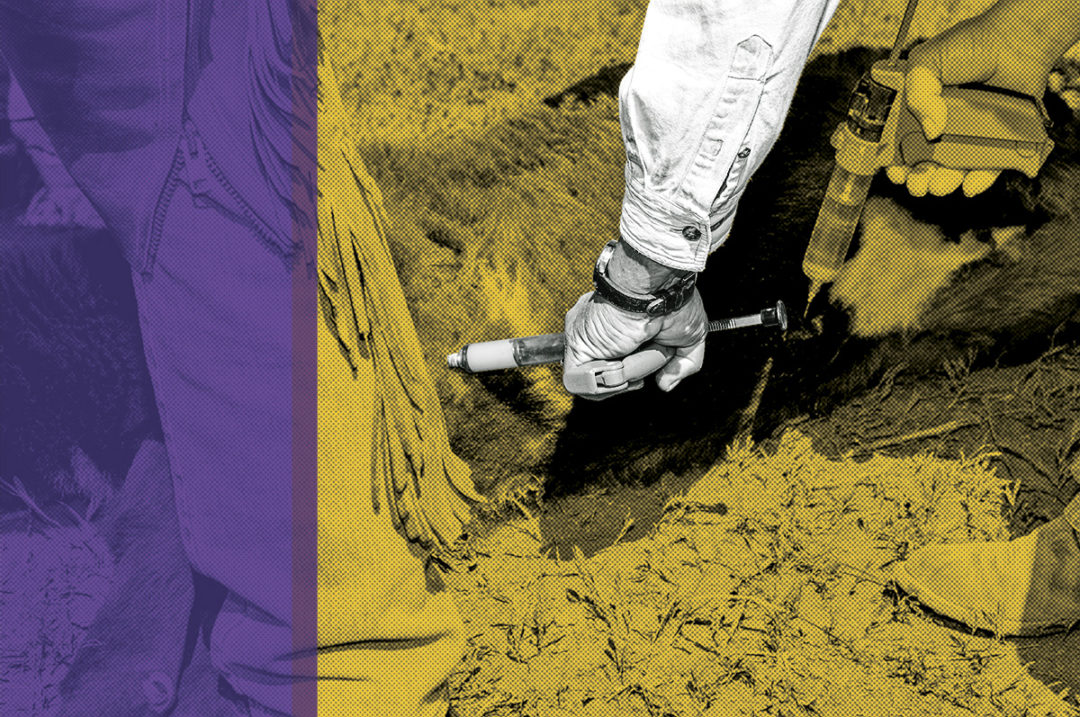Louisiana State University (LSU) announced the development of a new vaccine to fight against bovine respiratory disease (BRD). The vaccine was created by Dr. Shafiqul Chowdhury, a professor of veterinary medicine. BRD kills 8 million calves and costs the U.S. cattle industry over $1 billion each year, with an estimated 20% of all cattle raised for beef production requiring clinical treatment for BRD at some point in their lives.
Currently, there is a commercially available modified-live BRD vaccine. However, the disease still kills more than one out of every five calves.
“Our vaccine is safer for calves and far more effective than the vaccine cocktail [currently available],” said Dr. Shafiqul Chowdhury, a professor of veterinary medicine, in an LSU news release announcing the vaccine development.
Development involved genetically modifying the bovine herpes virus type 1 (BHV-1) to provide the protective proteins of other bovine respiratory viruses to prevent BRD.
“Global population growth and environmental changes mean we must increase the amount of food we produce,” said Robert Twilley, LSU vice president of research and economic development, in the LSU news release. “This LSU-developed vaccine will help protect the world’s food supply and improve outcomes for cattle producers in Louisiana and nationwide.”
He added, “Research that leads to new tools like Dr. Chowdhury’s vaccine is one of the pillars of LSU’s Scholarship First Agenda, which advances agriculture, biomedicine, coastal protection, defense and energy.”
The currently available BRD vaccine has a large calf mortality rate and spontaneous abortions in vaccinated animals. Variants of the live vaccine viruses are thought to be the cause.
Chowdhury reported that with his vaccine there is no chance for this vaccine virus to spread and circulate in the cattle population. Additionally, his vaccine offers other advantages, including:
- It’s cost-effective. It uses one virus, genetically engineered BHV-1, which grows well in cell culture. In the commercial cocktail vaccine, individual viruses are grown separately and then mixed. Each vaccine batch requires extensive quality control. Bovine respiratory syncytial virus (BRSV) grows poorly in cell culture with a meager yield.
- It does not cause abortion, a potential outcome among cows that reach adulthood after being given the commercial vaccine cocktail.
After 10 years of development, Chowdhury has applied for a patent for the vaccine, in addition to several additional patents he also has pending. A licensing agreement has already been signed, and a commercial company will manufacture the vaccine after patent approval.











